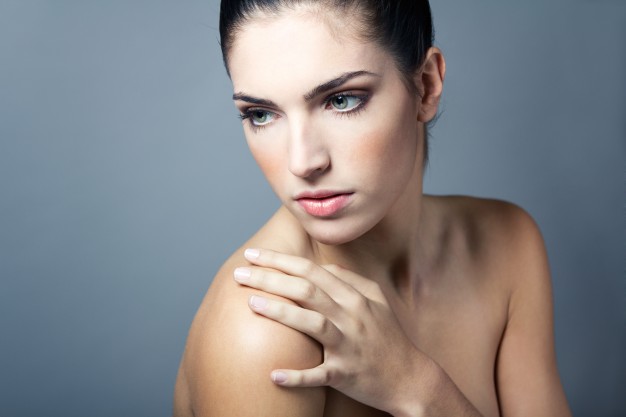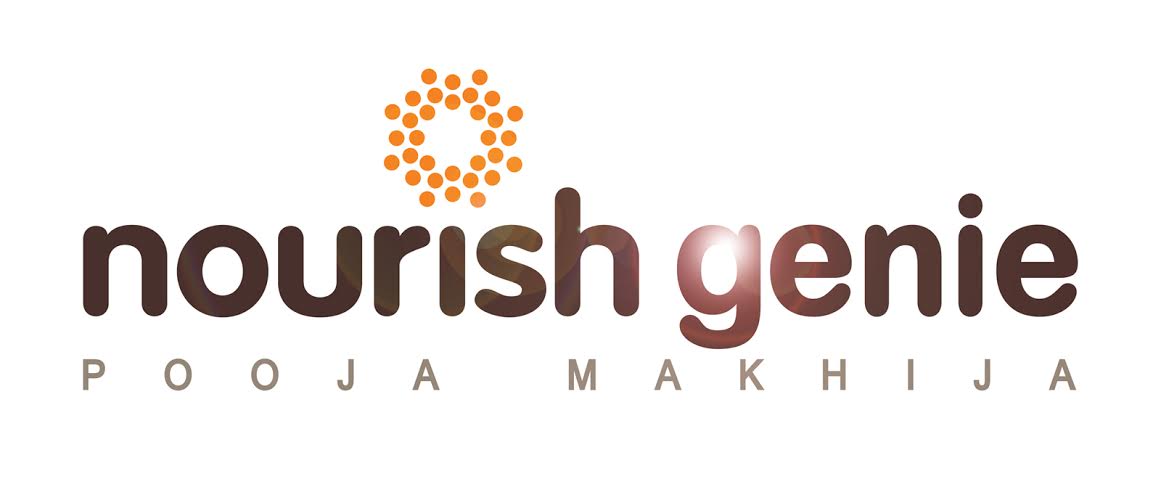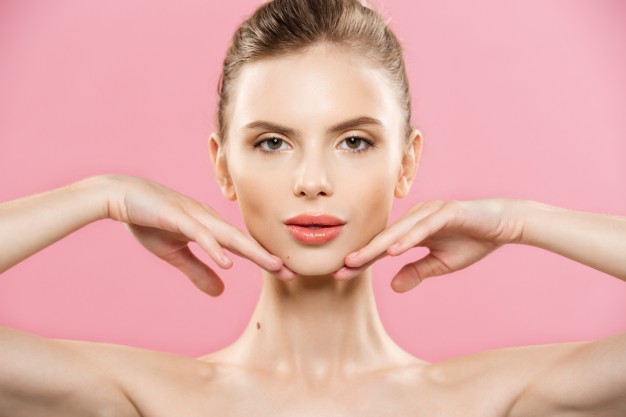Genetics and lifestyle habits play a significant role in skin health, but even if you have not been blessed with good genes, certain foods can help you fight problems like acne and wrinkles. Adequate hydration and an antioxidant-rich diet go a long way to ensure healthy skin. Among the other eliminatory organs in the body, skin plays a vital role because of its sweat pores. When the waste byproducts and toxins in our bodies are not excreted totally through the kidney mostly due to lack of hydration, the skin bears the brunt of it. Adequate water and other hydrating liquids is one of the key secrets to healthy skin. Coconut water, buttermilk, fruit and vegetable juices, milkshakes, smoothies and soups all count as hydrating fluids. Tea, coffee, aerated beverages and alcohol do not. Well-hydrated skin is inherently protected from wrinkles, pigmentation, flaking, peeling and dryness.
FOODS FOR BETTER SKIN
To ensure your daily dose of epidermal enhancing vitamins, have a tall glass of freshly-prepared vegetable juice. Include carrots (rich in vitamin A), tomatoes (rich in lycopene and vitamin C), avocados (contains essential fatty acids (EFA) and vitamin E), parsley or spinach (chlorophyll, vitamin B12, folic acid) and or any other vegetable available to you in your refrigerator on any given day they all come with great nutritional benefits. This glassful of nature’s bounty ensures your daily needs of vitamins and antioxidants from the plate, which is better than any pill or supplements. Did you know that Omega-3 fatty acid is the best anti-aging food known to man? To procure this in its most natural form, consume fatty fish like salmon, mackerel or tuna. Other foods rich in Omega-3 fatty acid are almonds, soya, olive oil and rice bran oil. Flaxseeds and flaxseed oil are excellent sources too. They are also rich in phytoestrogens, which have a synergistic effect along with Omega-3, to give you youthful skin.
Green tea is another skin-friendly food; it is rich in flavonoids, which help protect the skin against acne, pigmentation or wrinkles.
Probiotic curds is very important for healthy skin, as it improves your immune system and kills bacteria that cause acne and other skin problems like psorasis.
Collagen is an essential component of the skin, which increases and enhances its elasticity. As the collagen levels reduce (occurs due to exposure to the suns UV rays), skin loses its elasticity and shows signs of aging. Natural vitamins and minerals are collagen’s best friend. Egg whites are a strong source of zinc, an essential vitamin that keeps skin firm and youthful. Pomegranates are loaded with nutrients, including polyphenols, a very potent antioxidant that boosts collagen.
Your skin is a barometer of how well or how poorly you are feeding your body.
THINGS TO AVOID
Sugar: Excess sugar intake throws the insulin levels off balance, which can lead to inflammation both inside the body and on your face. Cut back on sugar-laden desserts, breakfast cereals, snack bars, sodas and other goodies. You’ll see a marked improvement in your long-term skin health.
Deep-fried foods: Fried foods have compounds called `advanced glycation end products’ very aptly termed AGES that are linked to oxidative damage, and result in inflammation that can make your skin look ruddy, dull and wrinkled.
Excess salt: Most fried foods create a double whammy of trouble, as they are also high in sodium, which causes water retention. It’s most noticeable in the under-eye areas, as the skin there is very thin, and it doesn’t take much to cause a swelling.
The last key ingredients to the perfect skin are exercise and adequate sleep. Get your heart rate up and break into a sweat for that healthy glow, and don’t forget to sleep on time.





Comments are closed.